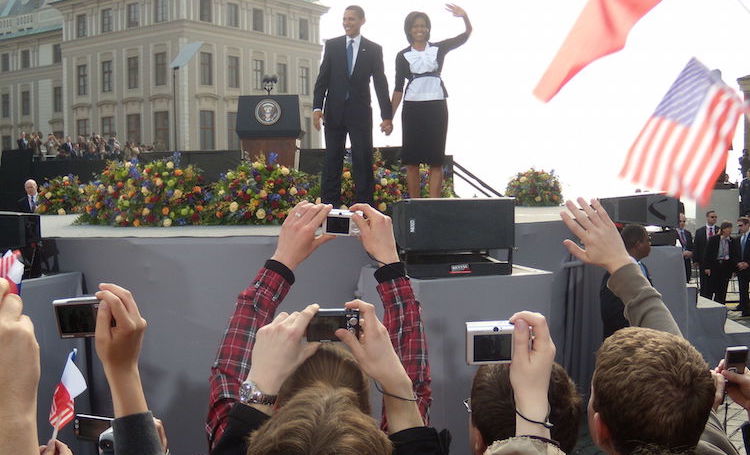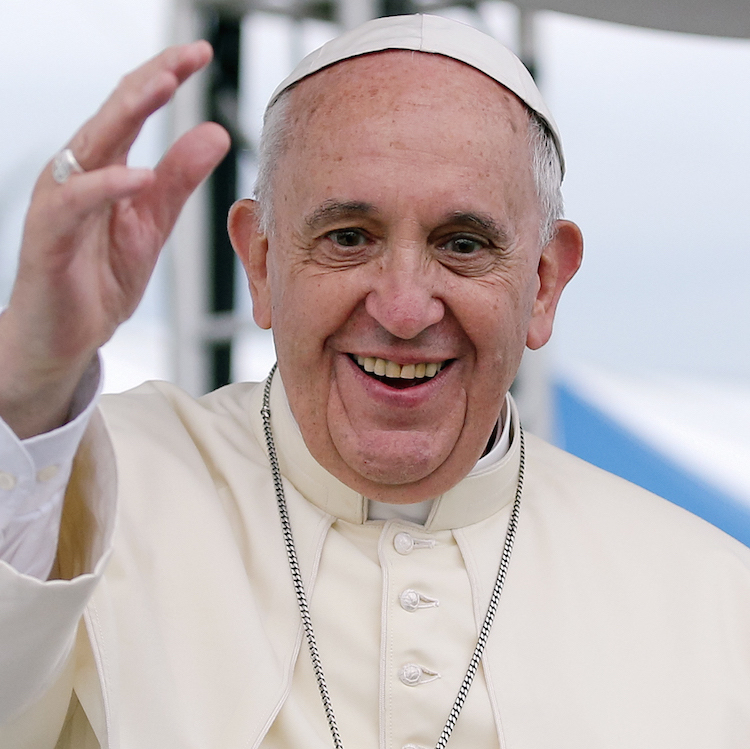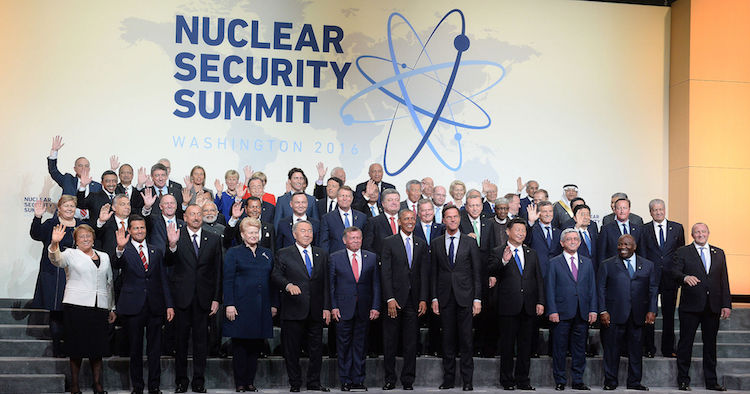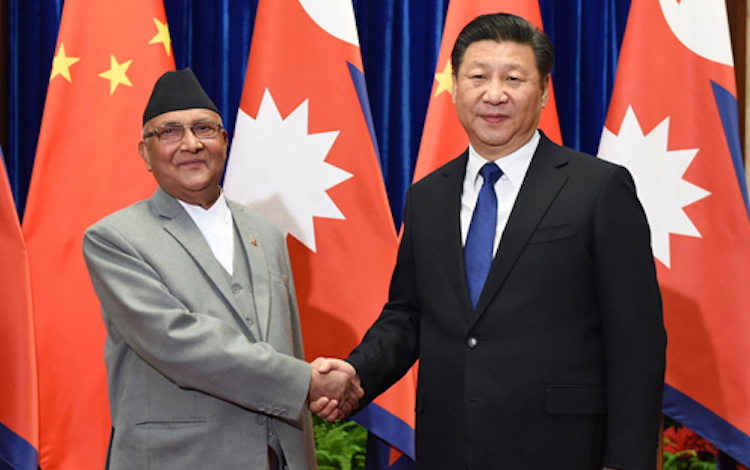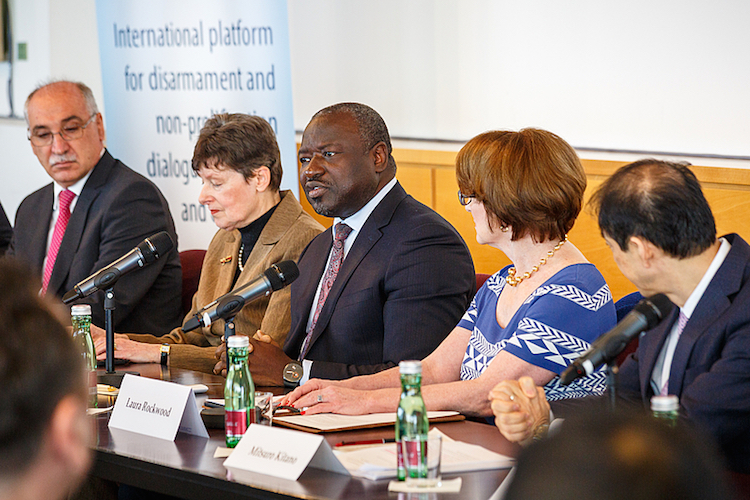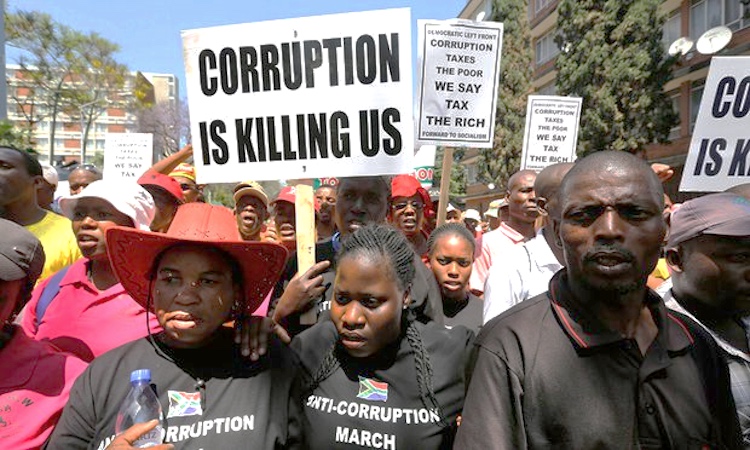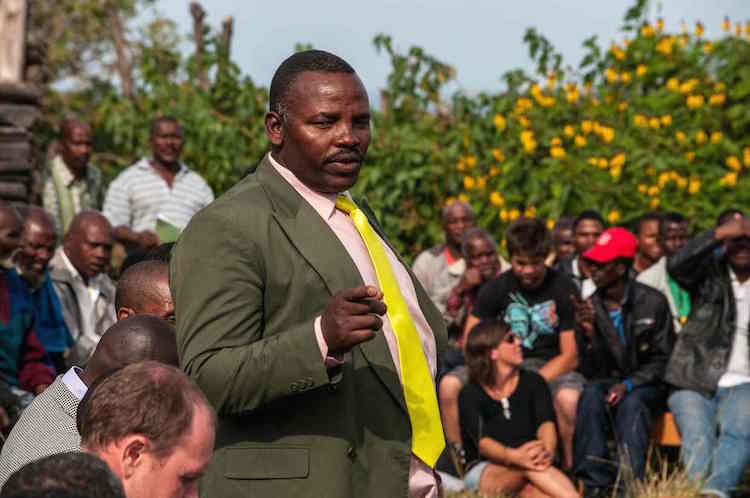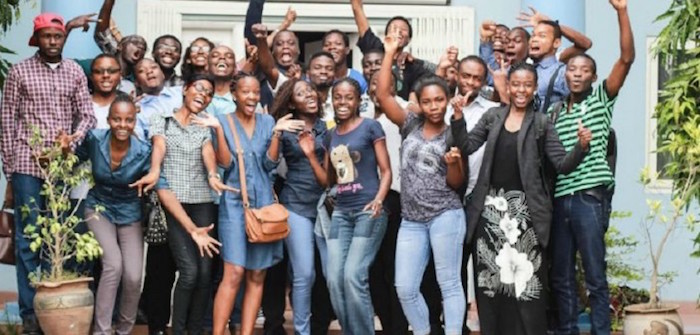By J Nastranis
NEW YORK (IDN) – Helen Clark, New Zealand’s first woman Prime Minister from1999 to 2008 and current Administrator of the United Nations Development Programme (UNDP) since 2009, is convinced that she is “up to the task” of leading the United Nations when Ban Ki-moon’s term expires at the end of the year.
Helen Clark threw down the gauntlet to three women and four male candidates for the post of the UN Secretary-General on April 4. The woman candidates are: UNESCO Director-General Irina Bokova of Bulgaria; Vesna Pusic, former Foreign Minister of Croatia, and Natalia Gherman, former Foreign Minister of the Republic of Moldova. The male candidates are: Srgian Kerim of the former Yugoslav Republic of Macedonia; Igor Luksic of Montenegro; Danilo Turk of Slovenia, and former UN High Commissioner for Refugees Antonio Guterres, who also served as the Portuguese Prime Minister.


